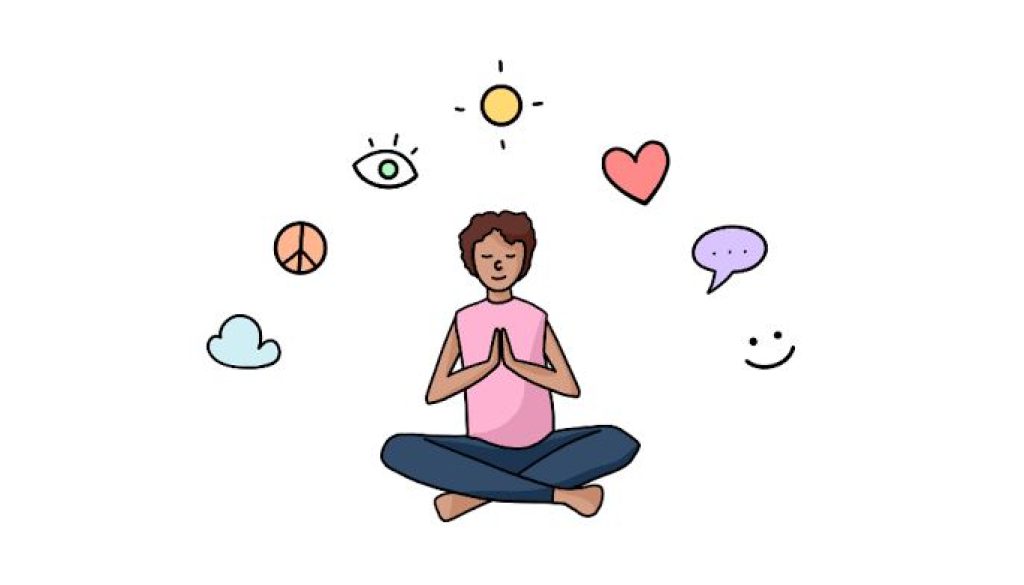How Gratitude Practices Can Improve Mental Health
Gratitude, the act of recognizing and appreciating the good in life, is a simple yet powerful tool for enhancing mental health. In a world often focused on challenges and negativity, cultivating gratitude can shift your perspective, improve emotional well-being, and foster resilience. Let’s explore how practicing gratitude can positively impact mental health and how to incorporate it into your daily life.
What is gratitude?
Gratitude is more than saying “thank you.” It’s a mindset of actively noticing and appreciating positive experiences, people, or things in your life, no matter how small. This practice can range from appreciating a warm cup of coffee to feeling thankful for supportive relationships.
The mental health benefits of gratitude
Reduces stress and anxiety
Focusing on what you’re grateful for can counteract feelings of stress and anxiety. It redirects your attention away from worries and toward the positive aspects of your life, helping to create a sense of calm.
Boosts mood and happiness
Gratitude triggers the release of dopamine and serotonin, the brain’s “feel-good” chemicals. These neurotransmitters can improve mood and create a sense of contentment.
Enhances resilience
When facing difficult situations, gratitude helps you maintain perspective by focusing on the good amidst challenges. This shift can make it easier to cope and recover from setbacks.
Improves relationships
Expressing gratitude strengthens bonds with others. Whether it’s thanking a friend or appreciating a partner, acknowledging someone’s kindness fosters deeper, more meaningful connections.
Promotes better sleep
Research shows that practicing gratitude before bed can improve sleep quality. Reflecting on positive moments reduces intrusive thoughts and promotes relaxation, helping you drift off more easily.
How to incorporate gratitude into daily life
Keep a gratitude journal
Spend a few minutes each day writing down three things you’re grateful for. They can be as simple as enjoying a sunny day or as meaningful as reconnecting with a loved one.
Practice mindfulness
Combine mindfulness and gratitude by focusing on the present moment and appreciating it. Pay attention to small details, like the sound of birds or the aroma of your favorite meal.
Express your gratitude
Tell someone you appreciate them. A heartfelt “thank you” can strengthen your bond and make both you and the recipient feel good.
Create a gratitude ritual
Incorporate gratitude into your routine, such as reflecting on positive moments during meals or before bedtime. Consistency helps make gratitude a natural part of your mindset.
Use visual reminders
Place notes, photos, or objects in your environment that remind you of what you’re grateful for. These visual cues can prompt positive thoughts throughout your day.
Reframe challenges
When facing difficulties, look for aspects you can appreciate. For example, a tough project at work may help you learn new skills, or a conflict with a friend may lead to improved communication.
Conclusion
Gratitude is a simple practice with profound effects on mental health. By fostering positive emotions, improving resilience, and deepening relationships, gratitude can help you navigate life with greater joy and perspective. Start small—whether by journaling, expressing thanks, or appreciating everyday moments—and watch as this practice transforms your outlook and well-being over time.



